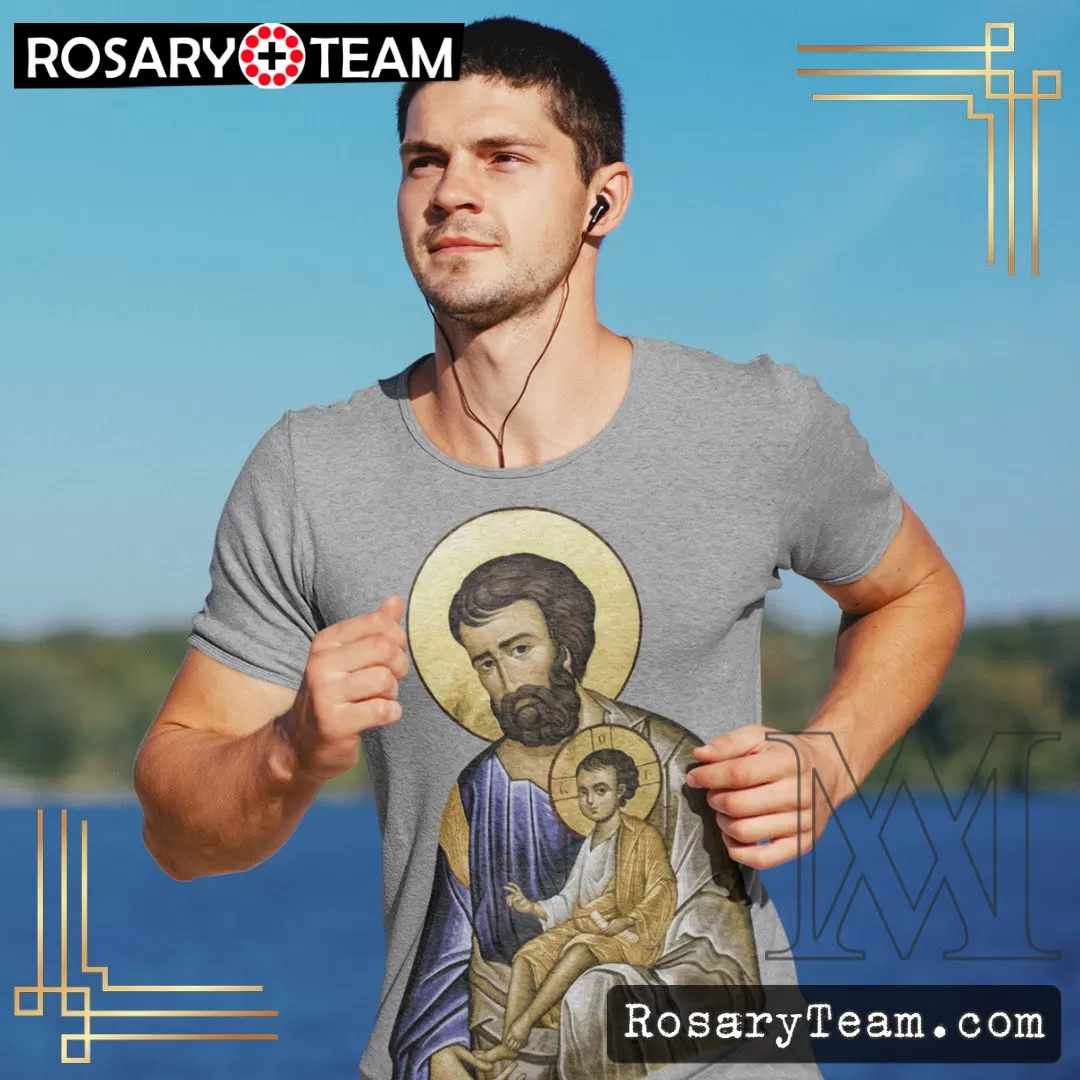Saturday, December 10 : Duns Scotus Erigena

Into the theological plan of his gospel John the evangelist draws John the Baptist; “deep calls to deep” (Ps 42[41],8) at the utterance of divine mysteries. We hear the evangelist relating the story of the forerunner, the man whose gift it was to know the Word “as he was in the beginning” (Jn 1,1), speaking to us of the one who was commissioned to go ahead of the Word made flesh… “There was,” says the evangelist, not simply a messenger of God, but “a man” (Jn 1,6). This he said in order to distinguish the man who shared only the humanity of the one he heralded from the Man who came after him, the Man who united godhead and manhood in his own Person. The evangelist’s intention was to differentiate between the fleeting voice and the eternally unchanging Word. The one, he would suggest, was the morning star appearing at the dawning of the kingdom of heaven, while the other was the Sun of Justice coming in its wake (Mal 3,20). He distinguished the witness from the one to whom he testified, the messenger from him who sent him, the lamp burning in the night from the brilliant light that filled the whole world (cf. Jn 5,35), the light that dispelled the darkness of death and sin from the entire human race… A man was sent. By whom? By the divine Word, whose forerunner he was. To go before the Lord was his mission. Lifting up his voice, this man called out: “The voice of one crying in the wilderness!” (Mt 3,3). It was the herald preparing the way for the Lord’s coming. “John was his name” (Jn 1,6); John to whom was given the grace to go ahead of the King of kings, to point out to the world the Word made flesh, to baptize him with that baptism in which the Spirit would manifest his divine Sonship, to give witness through his teaching and martyrdom to the eternal light.
maronite readings – rosary,team
















